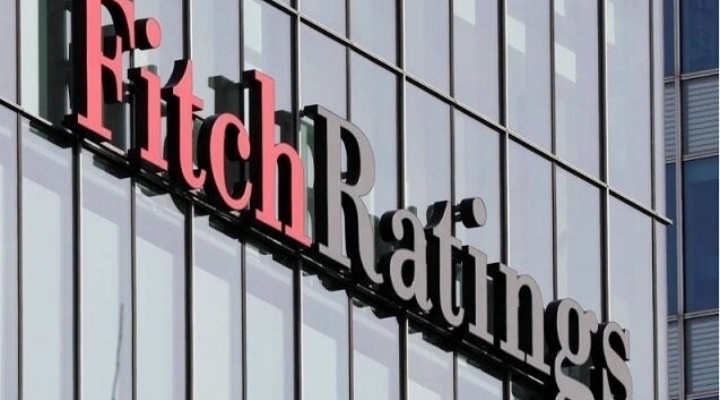
Fitch Ratings has maintained its negative outlook on the UK's credit rating, amid uncertainty stemming from the nation's final trading relationship with the EU post-Brexit, and high public debt.
The "AA-" rating was maintained, a score which nations including France, Ireland and South Korea also share.
"The UK's ratings reflect a high-income, large, diversified and flexible economy, a credible macroeconomic policy framework, deep capital markets and sterling's international reserve currency status, which provides ample financing flexibility," it said.
"These strengths are set against high public and external debt, high debt service costs relative to peers and some remaining uncertainty regarding the final form of the UK-EU economic relationship post-Brexit."
Moody's lifted the UK's rating outlook to stable in October, believing "policy predictability has been restored" following last year's mini-budget chaos. Fitch fell short of doing the same, however.
"The negative outlook reflects uncertain prospects for fiscal consolidation, given the challenging macroeconomic backdrop, including weak growth and the risk of more persistent inflation, expenditure pressures and the proximity of general elections," it said.
"Recent faster-than-expected revenue growth has been directed towards tax cuts that could lift the UK's growth potential in the medium term but fail to reduce public finances' vulnerabilities due to high government debt and borrowing costs."
For this year, Fitch expects the UK gross domestic product to grow 0.5%, but economic growth will ebb to 0.3% in the next amid a "mild recession" beginning at the end of 2023 until the second-quarter of 2024. Growth will recover to 1.8% in 2025, though this will still be below the 2.3% median for an "AA"-rated nation.
"There is a high degree of uncertainty regarding the impact of government policies on long-term growth prospects," it said.
"Annual inflation has eased, reflecting lower energy and food prices, but core inflation remains relatively high, signalling strong domestic demand pressures and a tight labour market. We forecast inflation to average 7.5% in 2023 and 3.1% in 2024, above the forecast 3.7% and 2.6%, respectively, for the median 'AA' rating peers."








.jpg)



















